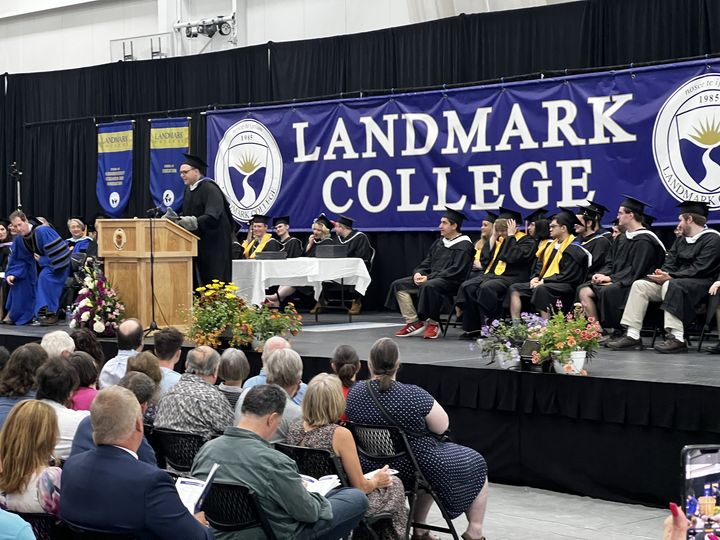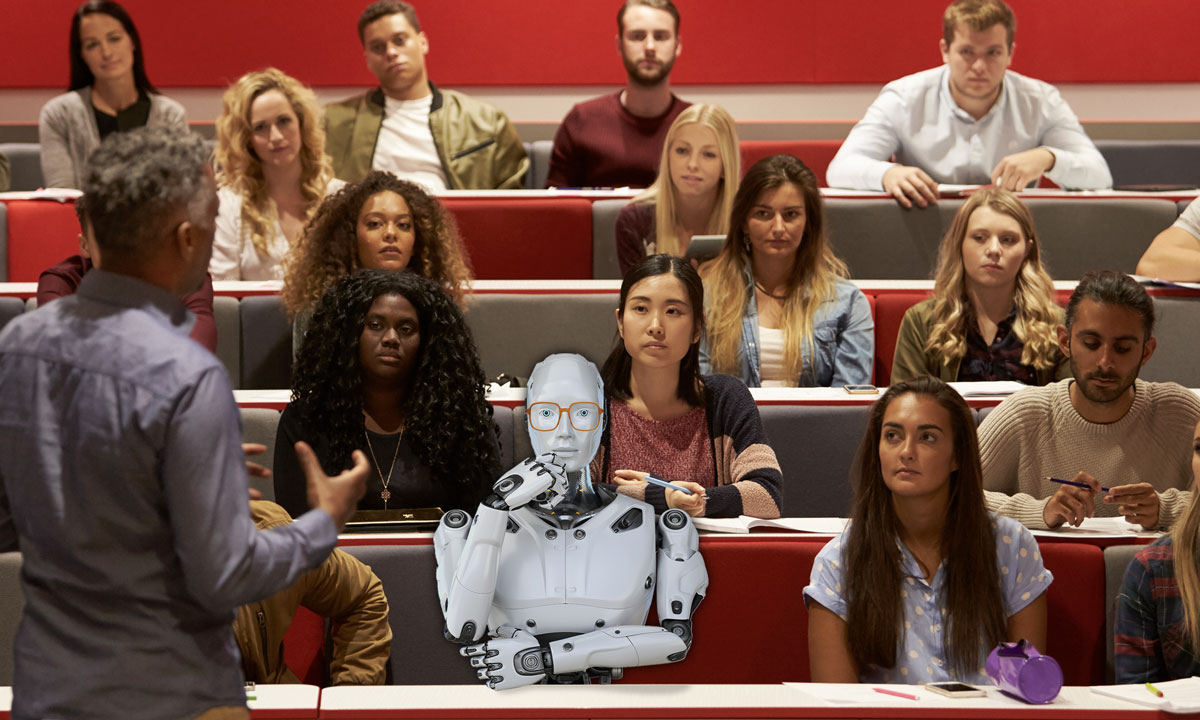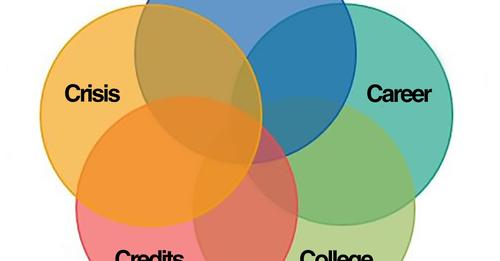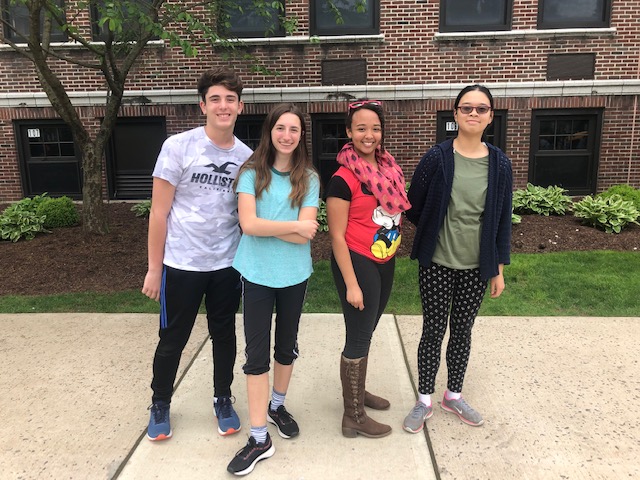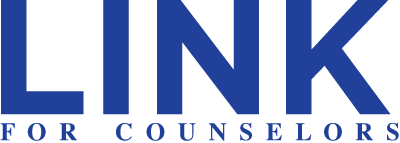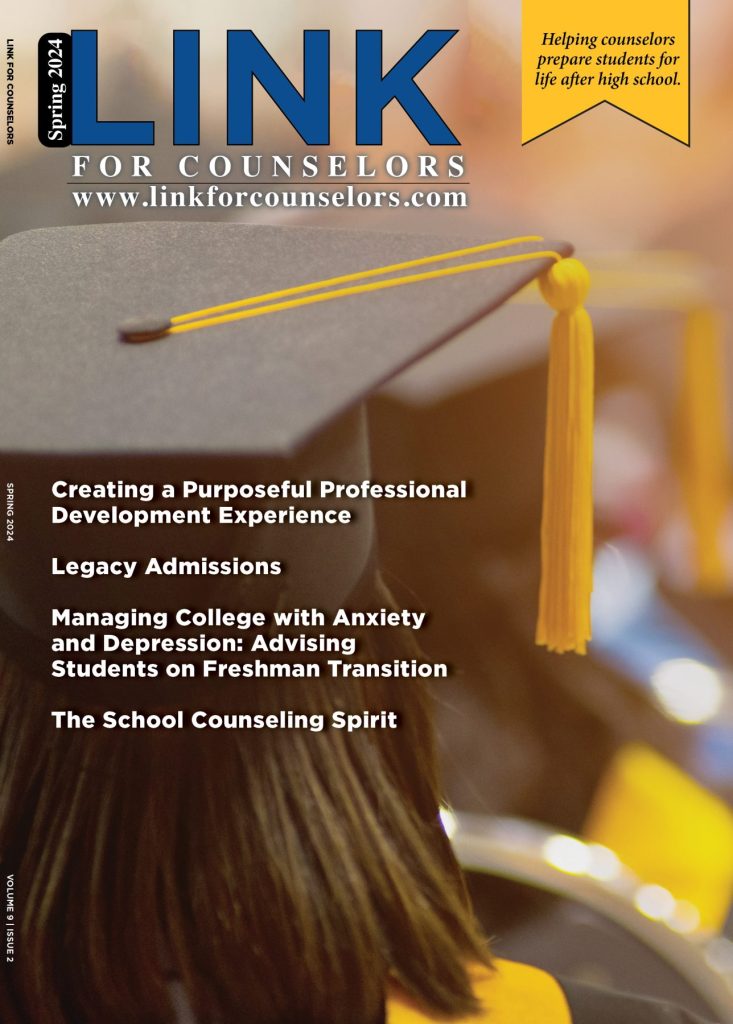Careers to Consider: Business
High school is a really important time of a young adult’s life, not because it is any more important than other years, but that the timing of the choice made then has massive impacts on the trajectory of a student’s life for decades to come. A helpful counselor will have the ability not just of how to listen and guide a young mind and heart toward the proper resources to develop as a student, but will also have the knowledge of how different majors in college point to different career paths.
While there are any number of factors to consider when assisting students in choosing a college, narrowing down what majors are most in line with their abilities and aspirations is key.
For as many majors are available to study in college, business, health, and social sciences are the most popular. Those four make up nearly 40% of all majors combined in 2019-2020. Each has topped the list of the most popular degrees since 2010. Of those three, however, business is the most common degree by quite a margin: Social science degrees came in around 7.9% of the student population, while health majors at 12.6%, but business degrees held a solid 19.0%.
There are multiple factors that contribute to the popularity of business degrees, but the vast range of specialization, adaptability to different industries, the number of colleges offering the programs, and the fact that business knowledge is applicable in nearly every life situation are some good reasons to start.
Another is the appeal and growing demographic diversity around the world. All genders, races, ethnicities, and people of different religious backgrounds can find a place and a job with business acumen. On top of all this are some of the benefits of becoming a business major.
Graduates from undergraduate business schools tend to have higher chances of employment after graduation. Business school graduates have a job placement rate of around 80% within the first year. Median wages are also very solid. While the national starting salary average is around $50,000 annually, the range of what some of those positions can make is very appealing, easily crossing into the six -figure range after years of experience.
It is not uncommon to see business majors making $115,000 after some time in the industry. With these things in mind, counselors are certainly going to have more than a few conversations with students about the specifics of a business major. Here is a list of different business degrees and their career outcomes.
Different Business Majors
Business Management
Managers are needed everywhere, in every industry, every day, therefore, the need will not only always be there, but the number of options in varying industries will be great. A business management degree will be a well-rounded perspective and training in the tools and knowledge which is generally transferable.
Topics like sales, accounting, marketing, economics, finance, business leadership, and real estate practices are just a few. The broader dive into the swath of information that is needed to understand business concepts will likely be a great place to start for a student that does not really know what industry they want to be in.
The ability to sample many different concepts and industry tactics, will not only be transferable, but it will also give the student space and time to consider next steps for specializations in the career field or graduate programs after finishing their bachelors.
International Business
The business world has been a global operation for some time now, so the need and desire for internationally astute business associates is growing. Whether a student has an interest in travel or is perhaps already a dual citizen and multilingual, an international business major opens up entirely different doors for someone of those inclinations.
These majors focus on things like global banking policies, international management techniques, import/export legalities, and international policy. Coursework for this program will differ significantly in the upper-level courses so a student who is a bit more curious and knowledgeable of what they want to pursue as a five year plan may be more suited to this type of program. An additional benefit? Internship opportunities are abundant.
Economics
Economics is a very broad term because it needs to encompass the mass of information that flows and determines the financial and social health of nations everywhere. The complexities of economics deal with far more than just financial figures however, because those statistics are influenced greatly by psychology, sociology, anthropology, and technology just to name a few things.
While the forces that push and pull-on economies are vast, the knowledge base needed to relate to this field tends to lean towards mathematical and data analysis. In that case a student with more comfortability with numbers may be a better fit.
Healthcare Management
As was previously mentioned in this article, healthcare is a very popular and consistently growing field. In that respect, a student with this kind of major will likely not have much problem finding a job.
Healthcare managers have general oversight of healthcare facilities both large and small, maintaining the structure and policies of different departments as they align with board member goals, state and federal legalities, and employee welfare. Obviously, any student with an interest in both business and healthcare will be well suited to this major.

